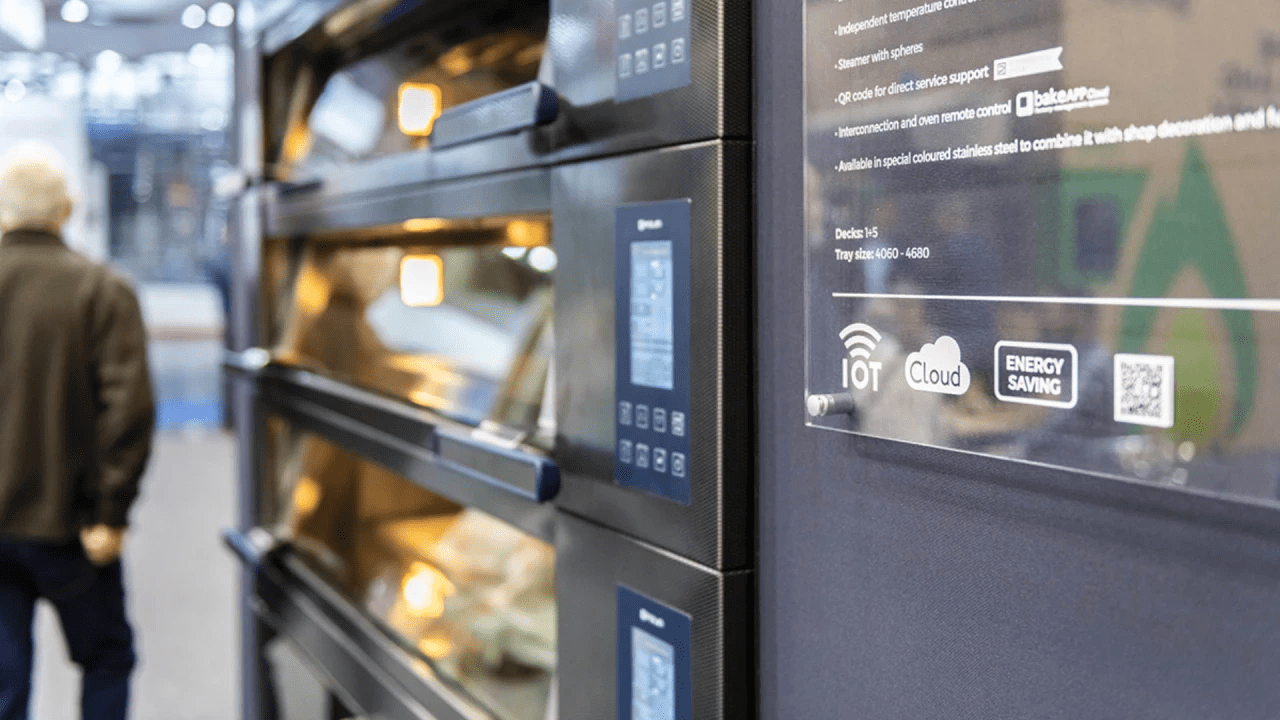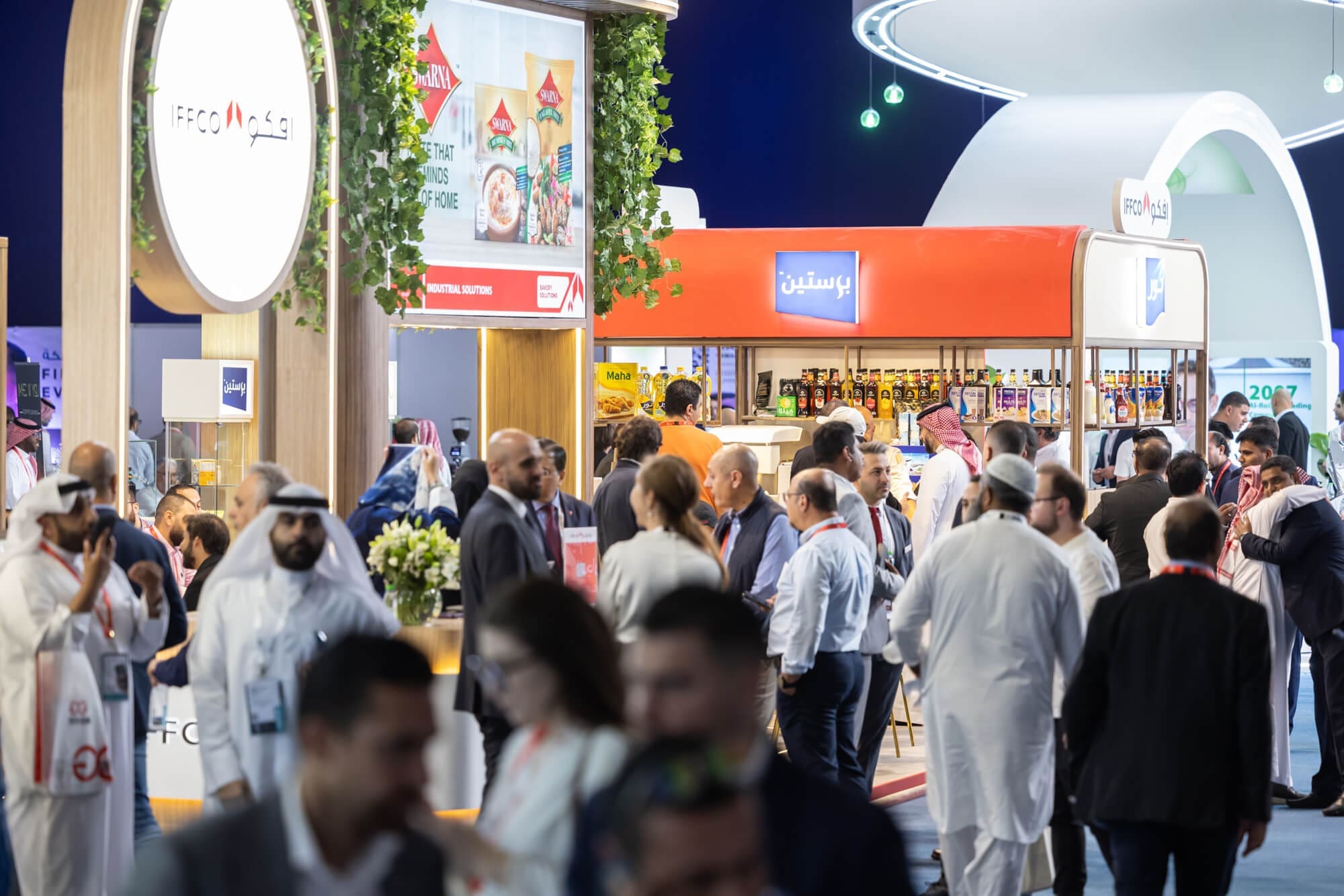In today’s world, where environmental concerns are becoming increasingly important, the future of food packaging hinges on sustainability, efficiency, and the conservation of natural resources. At PAPACKS, we are committed to revolutionizing the packaging industry by creating innovative, eco-friendly solutions that meet the demands of both manufacturers and consumers in the food industry. Our fiber-based packaging not only provides a sustainable alternative to traditional plastic packaging but also maintains high standards of quality and food safety.
Words from Tahsin Dag, founder & CEO of PAPACKS:


“The food packaging of tomorrow will be lighter, more efficient, and environmentally sustainable—designed to protect food while significantly reducing its impact on the planet. In the food industry, the use of compostable and biodegradable materials is essential to ensuring that packaging can be safely reintegrated into the environment without causing harm. Sustainable packaging must not only preserve the quality and freshness of food but also align with the growing consumer demand for eco-friendly solutions.”
At PAPACKS, we have pioneered the use of renewable materials such as cellulose and industrial hemp fibers. These biodegradable and compostable materials are ideal for food packaging, offering the industry a pathway toward reducing its reliance on plastic. Our molded fiber packaging solutions provide superior protection, durability, and ease of handling while being customizable to the specific needs of the food sector. They are lightweight, versatile, and can be designed in various shapes and sizes, making them suitable for a wide range of food products.
Molded Fiber: a smart choice for food packaging
The materials we use at PAPACKS come from sustainable sources, such as virgin cellulose fibers sourced from well-managed forests and industrial hemp, a plant that grows quickly, requires minimal water, and absorbs four times more CO2 than trees. Hemp fiber has proven to be an outstanding alternative to traditional materials, offering the same performance levels as tree-based fibers but with far less environmental impact.
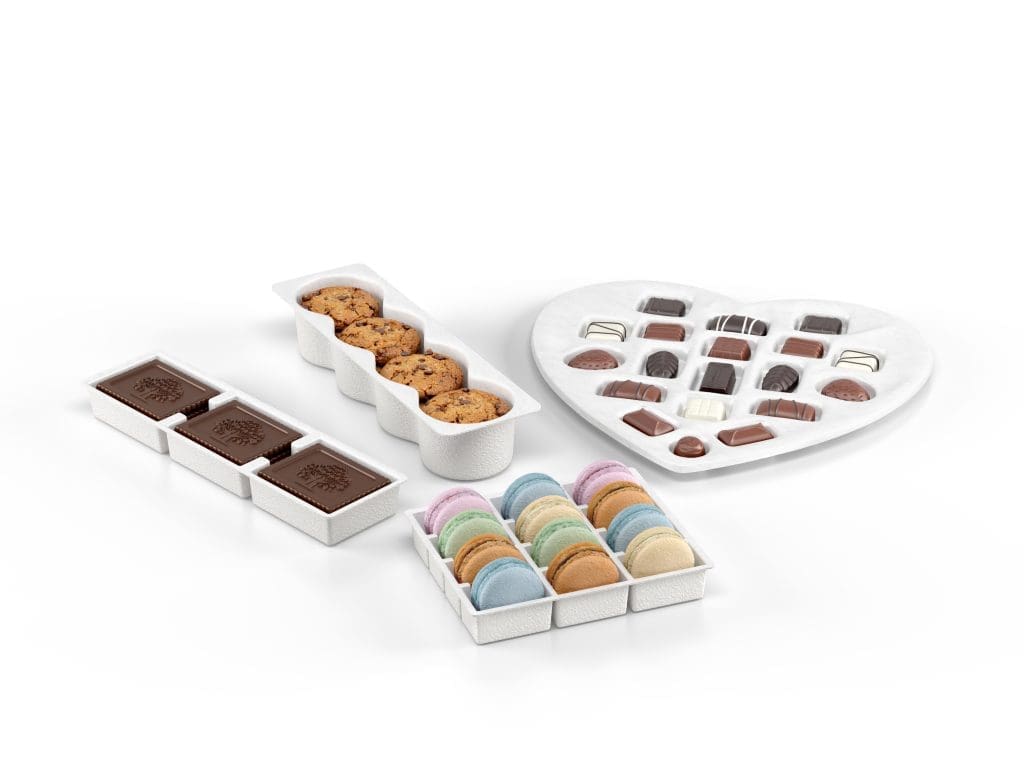
In addition to their environmental benefits, molded fiber packaging solutions provide excellent cost-efficiency. They are competitive with conventional packaging materials in terms of production costs and offer superior shock absorption, ensuring that even the most fragile food products are protected during transport. Moreover, these packaging solutions are easily recyclable or compostable, fitting seamlessly into the circular economy that is becoming increasingly important for food manufacturers and retailers alike.
Addressing raw material shortages and rising costs
The packaging industry, particularly the food sector, is facing significant challenges due to raw material shortages and rising prices, especially for paper and plastic. At PAPACKS, we have taken proactive steps to safeguard our supply chain by planting over 2,000 hectares of industrial hemp in Ukraine in collaboration with the European Material Bank (EMBA). This initiative not only ensures a consistent supply of high-quality raw materials but also shields our customers from market fluctuations and potential future price increases.
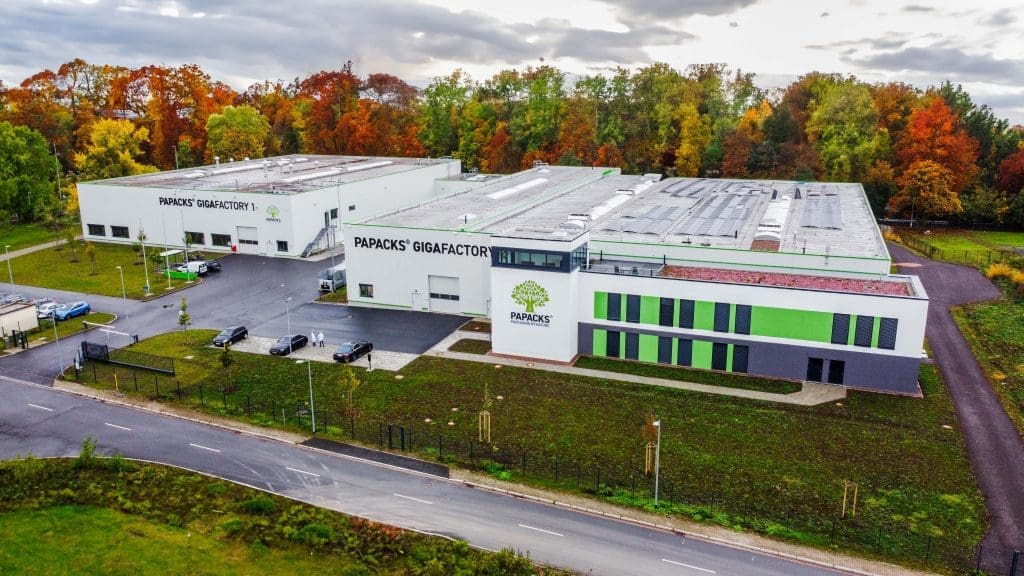
By investing in a self-sufficient source of renewable fibers, PAPACKS is positioning itself to meet the growing demand for sustainable packaging solutions while keeping costs competitive. This forward-thinking approach allows us to continue delivering high-quality packaging for the food industry, even in the face of external challenges.
Leading the charge in the future of food packaging
Investing in sustainable packaging is no longer optional for the food industry—it’s essential. Consumers are increasingly prioritizing eco-friendly products, and businesses that fail to innovate risk being left behind. At PAPACKS, we are committed to pushing the boundaries of packaging innovation, delivering solutions that not only meet the stringent requirements of food safety and quality but also contribute to a healthier planet.
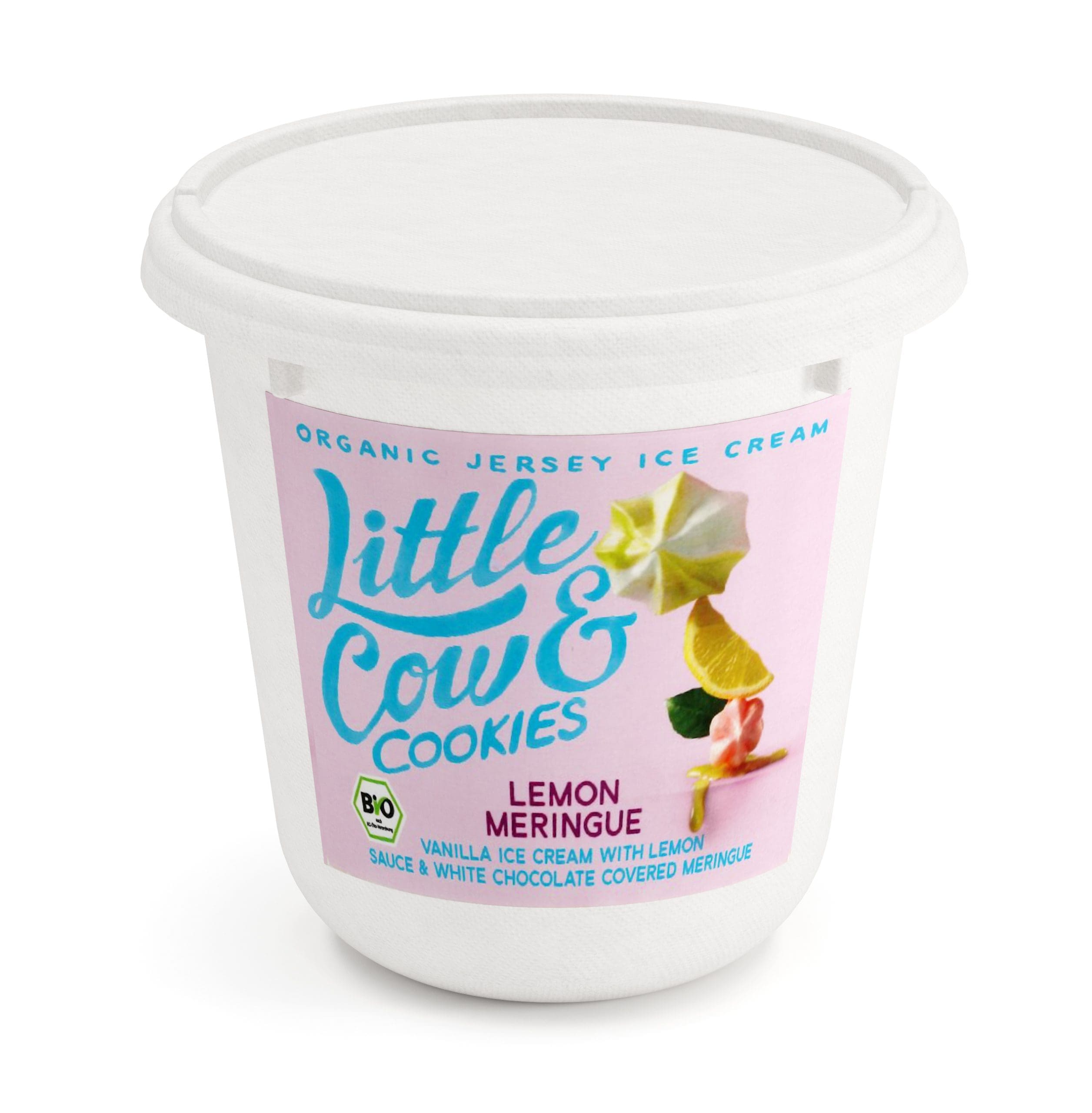
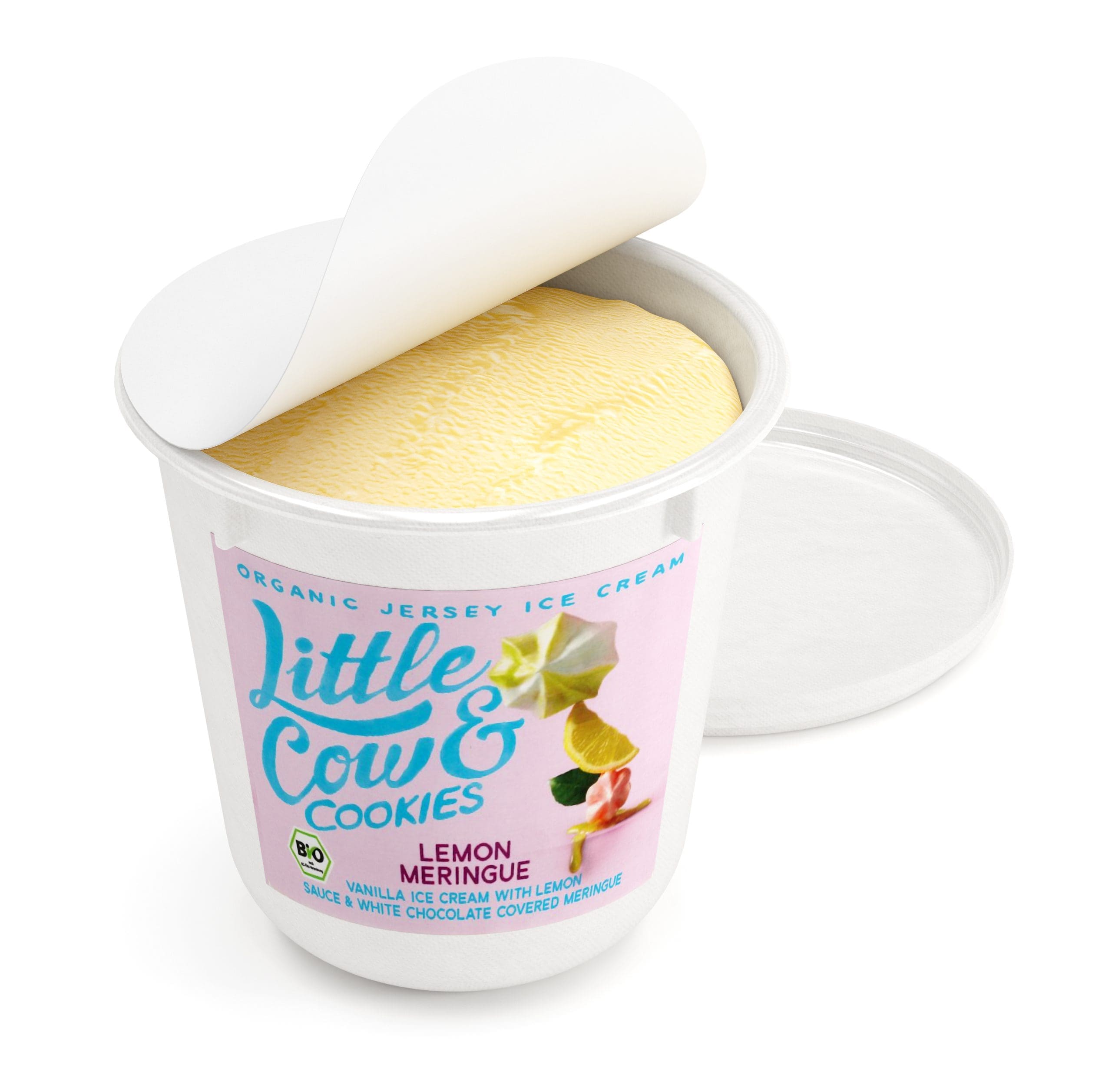
As the food industry evolves, PAPACKS remains at the forefront of innovation, offering packaging solutions that help reduce the carbon footprint of food products, lower production costs, and align with global efforts to minimize waste.
Our vision is clear: to lead the way in sustainable packaging technologies that not only benefit businesses but also protect our planet for future generations.

For more information, visit:

